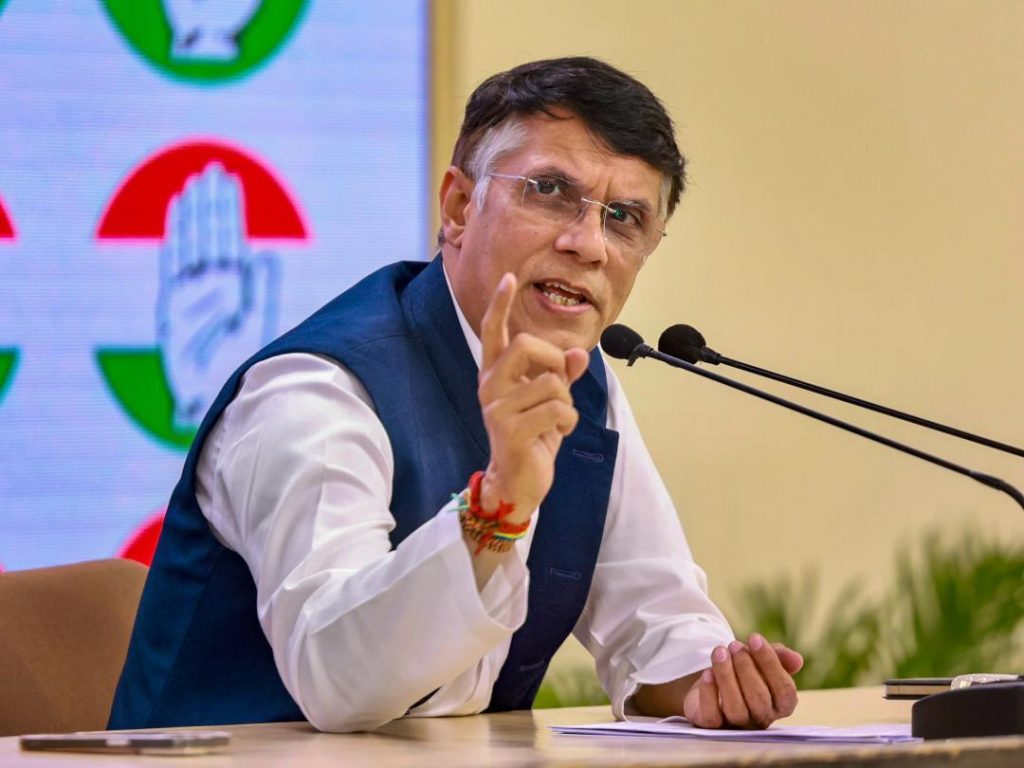
Title: Israel Shares Map Showing J&K in Pakistan, Apologises Later
In a shocking instance of diplomatic faux pas, the Israel Defense Forces (IDF) shared a map on social media that showed the Indian Union Territory of Jammu and Kashmir as a part of Pakistan. The map, which was widely shared on Twitter, sparked outrage and disbelief among Indians, with many expressing their shock and disappointment at the apparent mistake.
The map, which was shared by the IDF’s official Twitter handle, showed Jammu and Kashmir as part of Pakistan, with the disputed region of Gilgit-Baltistan included within the Pakistani territory. The map also showed the Israeli-occupied West Bank and Gaza Strip, as well as the Golan Heights, which are claimed by Syria.
The mistake was quickly picked up by Twitter users, including Congress leader Pawan Khera, who targeted Prime Minister Narendra Modi and said: “Another day, another feather in Vishwaguru’s cap. His ‘friend’ shows J&K as a part of Pakistan.” Khera’s tweet was widely shared and liked, with many expressing their outrage and disappointment at the IDF’s apparent mistake.
The IDF later issued an apology, saying that the map was an illustration and did not depict precise borders. “The map that was published by the Israel Defense Forces is an illustration and not a precise representation of the borders,” the IDF said in a statement. “We apologize for any misunderstanding that may have been caused by the publication of this map.”
The incident has sparked a heated debate about the accuracy and reliability of maps, as well as the importance of verifying information before sharing it on social media. Many have expressed their shock and disappointment at the IDF’s apparent mistake, with some calling for greater attention to be paid to the accuracy of maps and other visual representations of geographic information.
The incident has also raised questions about the relationship between Israel and India, as well as the role of social media in shaping public discourse and perceptions of international events. The IDF’s apparent mistake has been widely criticized, with many expressing their disappointment and disillusionment at the incident.
In response to the incident, the Indian government has urged the IDF to take steps to ensure that such mistakes do not occur in the future. “We urge the Israeli authorities to take necessary steps to ensure that such mistakes do not occur in the future,” said a government spokesperson.
The incident has also sparked a debate about the importance of accuracy and reliability in visual representations of geographic information. Many have expressed their shock and disappointment at the IDF’s apparent mistake, with some calling for greater attention to be paid to the accuracy of maps and other visual representations of geographic information.
In conclusion, the incident highlights the importance of accuracy and reliability in visual representations of geographic information, as well as the need for greater attention to be paid to the accuracy of maps and other visual representations of geographic information. The IDF’s apparent mistake has sparked a heated debate about the importance of accuracy and reliability in visual representations of geographic information, and has raised questions about the role of social media in shaping public discourse and perceptions of international events.
News Source:
https://x.com/Pawankhera/status/1933549006367416545






